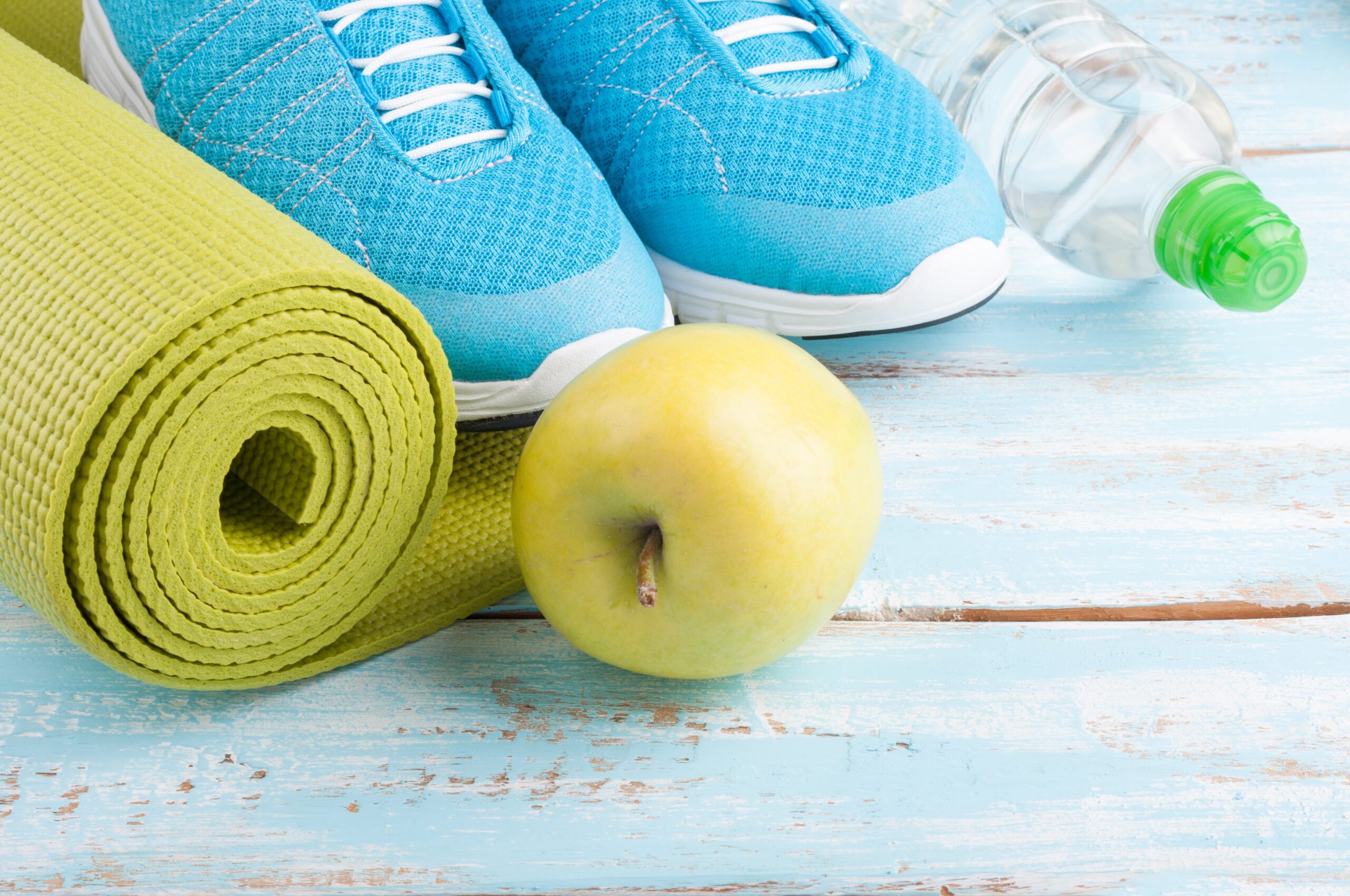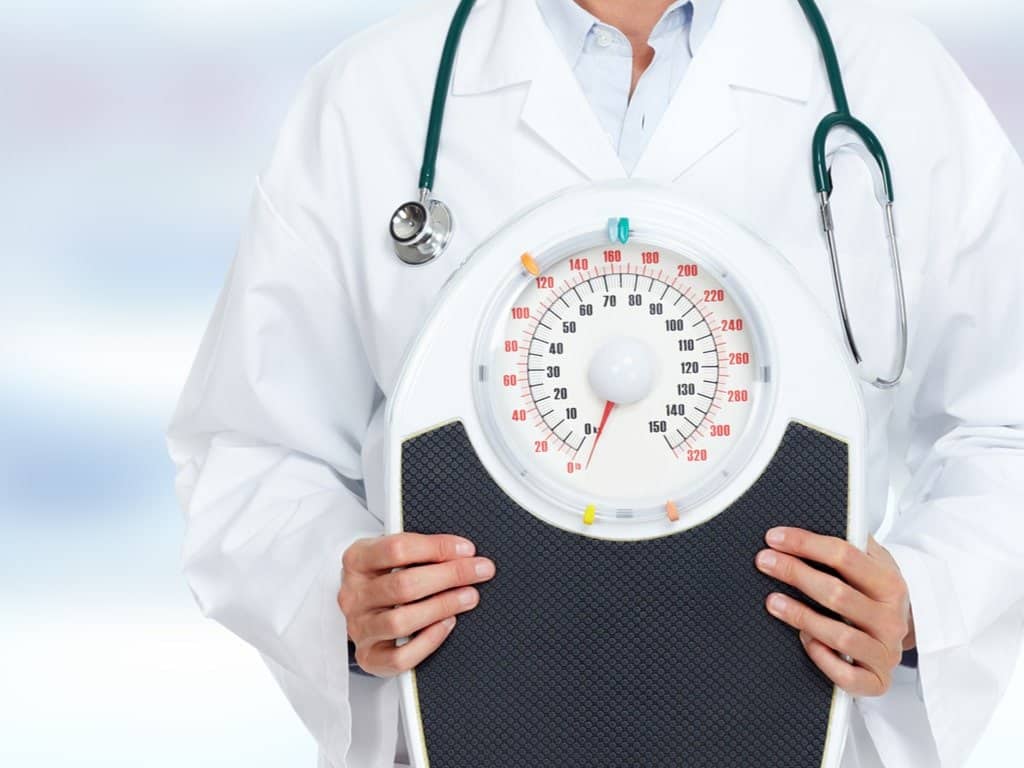Blog

Three steps to stop feeling guilty after eating
A common experience our clients describe to us is the feeling of guilt after eating.
Food guilt is not something we are born with – quite the opposite actually! However, guilt relating to food is learnt from a young age and can persist throughout our lifetime.
If you’re experiencing guilt after eating, it means you’ve broken one of your food rules. These are the arbitrary laws we live by when we’re in a dieting mentality that tell us some ways of eating are good and some are bad.
However, food guilt does not benefit you in any way! In fact, it’s probably hindering you. For example, a 2015 study found that people who associate chocolate cake with guilt rather than celebration are more likely to feel ‘out of control’ around cake and eat beyond fullness.1
With this in mind, this article will share three of our favourite tips to reduce your guilt and find food freedom.
How do I stop feeling so guilty about food?
ONE: Remember that food = life
This might sound dramatic but hear us out!
First and foremost, eating is a vital action for survival. There are a few essential ingredients us humans need to stay alive: oxygen, water and food. You only need to feel as much guilt for eating as you do for breathing (i.e., none at all!)
This is important to remember next time you’re cursing yourself for feeling hungry yet again. Your hunger is NOT the enemy, and your body doesn’t have a hidden agenda – all it’s trying to do is keep you alive. Instead of trying yet another strategy to suppress your appetite, consider thanking your body for protecting you!
Lastly, remember that your purpose in this life is not to eat as little as possible or to be as thin as possible. You are meant for so much more, and you need to eat if you’re going to achieve it.
TWO: Know your stuff when it comes to nutrition
It can be helpful to think about why we need to eat. Hint: it’s not just to silence our hunger cues!
Calories
Calories (or kilojoules, as they’re also known) are often thought of as the enemy when we’re in a dieting mindset. But what you might not realise is that calories are a measure of energy. In other words, the calories listed on a food label are simply letting you know how much fuel that food will provide your body.
This means that the low-calorie menu option is also the low-energy option – and when you think about the fact that the whole point of eating is to provide your body with fuel, it’s pretty counterintuitive!
The value listed as the total calories in food is made up of the energy provided by the three macronutrients – carbohydrates, protein and fats.
Carbohydrates
Carbohydrates (also known as sugars) are the body’s preferred source of fuel. They are the macronutrient that is most easily converted into glucose (the form of energy that your cells use) and the most quickly absorbed.
Among other important functions, carbohydrates are especially vital for brain function, since unlike your muscles, the brain cannot use fats for fuel. When carbs are eliminated or minimised, an absolute maximum of 75% of the brain’s energy needs can be met; in other words, low-carb diets deprive your brain of fuel and hinder its function.2
Carbs aren’t something you should be trying to avoid. In fact, the recommended daily intake of carbohydrates for adults in the UK is 260g – equivalent to around 17 slices of bread!3
Protein
One of the major roles of protein in the body is growth and repair of the body’s tissues. This is why muscle wasting, hair loss and slow wound healing are commonly seen when protein intake is inadequate.
Protein is broken down into amino acids in the body, which are involved in almost every function of the body. Some amino acids are essential, meaning the body cannot produce them on its own, and so they must be obtained from our diet. Without them, your mental and physical health can suffer, increasing your risk of poor immunity, depression and infertility, among other concerns.4
Fat
Another nutrient that has been demonised over the years! Fats definitely don’t deserve their bad reputation.
Not only are they another source of energy for the body, but fats are necessary for the formation of all cells, the production of hormones, the absorption of vitamins A, D, E and K, as well as many other functions. Fats also make up around 60% of your brain mass! (say what?!) Consequently, a lack of dietary fat can lead to symptoms like vitamin deficiencies, poor mental health, chronic inflammation and imbalanced hormones.
In summary, the nutrients we get from food have a role to play in almost every function of the body. Their health-promoting properties aren’t diminished by their source either – so whether you get your nutrients from a piece of salmon or a burger, the effect on your body is the same.
So why feel guilty for doing something that allows your body to function on a day-to-day basis?
THREE: Speak about food in neutral terms
If you’re familiar with the story of Adam and Eve, you’ll remember the part about the ‘forbidden fruit’. This metaphor still rings true today in that often the thing we want the most is the thing we can’t have – and this applies to food.
When we label a food as ‘bad’ or ‘unhealthy’, it becomes the forbidden fruit. The desire for said food often becomes irresistible, followed by feelings of guilt and shame at our lack of self-control. The ‘forbidden fruit’ theory was demonstrated by a review from 2008 which found that when our access to a food is restricted, we are more likely to crave and consume that food in a binge-like way.5
The fix for this? Quit labelling foods as ‘good’ or ‘bad’, and start thinking and speaking about food neutrally. In other words, no more referring to some foods as “clean” and others as “junk”; instead, all foods become morally equal.
This is certainly easier said than done! But we truly mean it when we say there are no bad foods and that all foods fit in a healthy lifestyle – this means there are no foods deserving of follow-up guilt.
You deserve to enjoy all foods guilt-free, even if there is a more nutrient-dense option available. It’s okay (and even beneficial!) to eat simply for pleasure. If you don’t believe us, check out our previous blog article about the evidence behind joyful eating.
If you think you’d benefit from individualised support to heal your relationship with food, reach out to us at [email protected] to get in contact with one of our expert dietitians.
Karli Battaglia MDiet, APD
EHL Team x
References
- Kuijer R, Boyce J, Marshall E. Associating a prototypical forbidden food item with guilt or celebration: Relationships with indicators of (un)healthy eating and the moderating role of stress and depressive symptoms. Psychology & Health. 2014;30(2):203-217.
- Cunnane S. Ketones, omega-3 fatty acids and the Yin-Yang balance in the brain: insights from infant development and Alzheimer’s disease, and implications for human brain evolution. OCL. 2018;25(4):D409.
- Reference intakes explained [Internet]. nhs.uk. 2020 [cited 19 April 2021]. Available from: https://www.nhs.uk/live-well/eat-well/what-are-reference-intakes-on-food-labels/
- Gietzen D, Aja S. The Brain’s Response to an Essential Amino Acid-Deficient Diet and the Circuitous Route to a Better Meal. Molecular Neurobiology. 2012;46(2):332-348.
- Avena N, Rada P, Hoebel B. Evidence for sugar addiction: Behavioral and neurochemical effects of intermittent, excessive sugar intake. Neuroscience & Biobehavioral Reviews. 2008;32(1):20-39.














